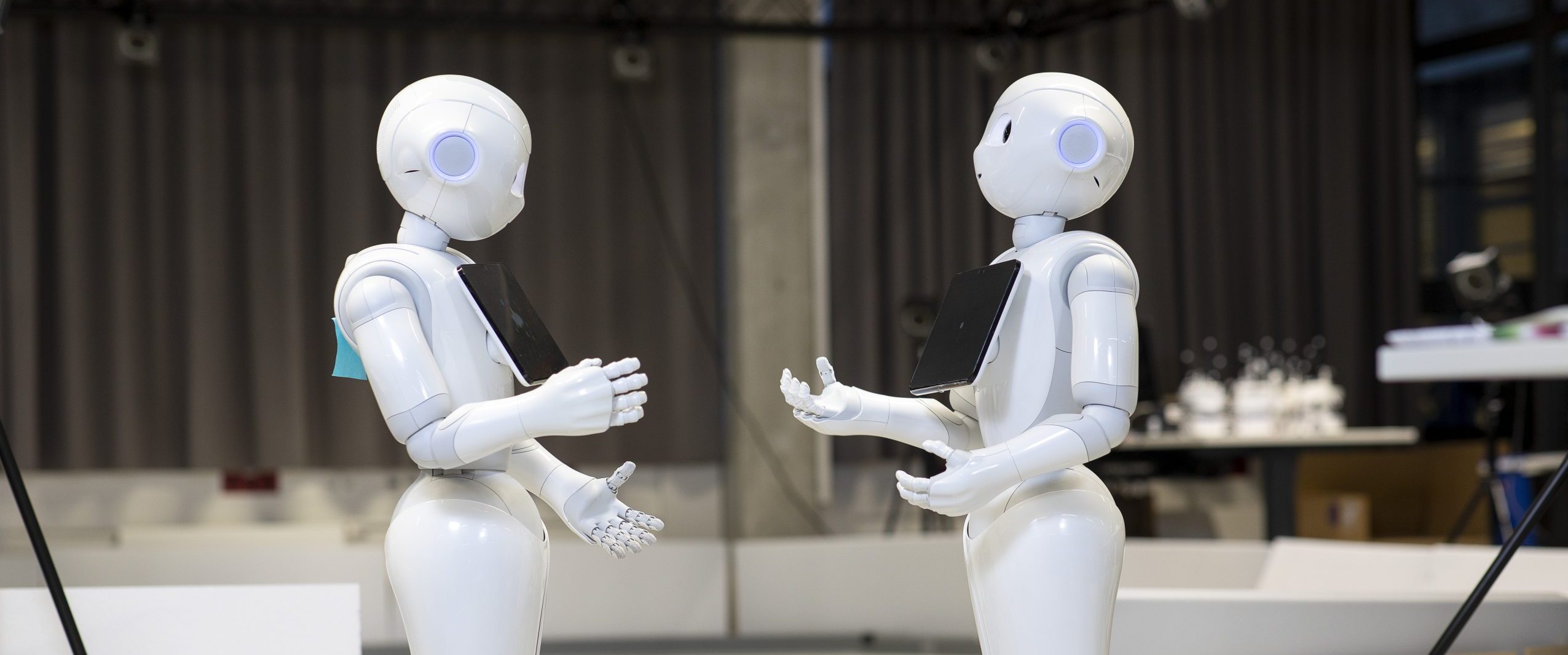Exploring the future of intelligent machines with SCIoI PI Verena Hafner on ARTE TV
Prominent Franco-German public broadcaster ARTE, known for its varied cultural, social and political content, has recently featured an in-depth exploration of artificial intelligence (AI) in its episode “Verlieren wir die Kontrolle über KI?” (“Are We Losing Control Over AI?”), which is part of the program “42 – Die Antwort auf fast alles” (“42 – The answer to almost everything”). This episode sheds light on the rapidly evolving field of AI, its potential risks, and the pressing question of whether humanity can maintain control over this powerful technology. One of the key voices in this episode is Science of Intelligence (SCIoI) PI Verena Hafner, a leading researcher in the field of robotics and artificial intelligence.
The ARTE episode touches on the subject of artificial intelligence potentially developing autonomy and explores the possibility of AI gaining its own will, much like in popular sci-fi scenarios. It examines recent advancements in AI’s development and its broader implication, highlighting ethical concerns and potential scenarios where AI might exceed human control or expectations. Verena discusses the definition of AI, describing it as machines exhibiting intelligent behavior comparable to humans or animals. She emphasizes a critical distinction: while machines can process information and perform tasks systematically, they do so without the inherent emotional or contextual understanding that humans possess. Verena further explains that in her work, AI systems, particularly robots, are designed with an “instinct for curiosity,” enabling them to autonomously set learning objectives, similar to how children explore and master new games before moving on to more complex challenges.
Verena’s expertise in sensorimotor interactions and developmental processes in robotics adds to the conversation in the context of her research on open-ended development and social interactions among artificial agents. Her work, which lies at the intersection of cognitive science and robotics, has garnered significant attention for its innovative approach to understanding how machines can learn and adapt in dynamic environments.
Verena Hafner’s work as SCIoI member and as professor and leader of the Adaptive Systems Group at Humboldt University, is at the forefront of research in cognitive and developmental robotics. Her research on how artificial systems can develop cognitive abilities through interaction with their environment, is a field that is increasingly relevant as AI continues to advance. Within SCIoI’s interdisciplinary structure, Verena’s research not only pushes the boundaries of what AI can achieve but also raises important questions about the ethical and societal implications of these technologies, which are equally researched at SCIoI. The ARTE episode provides a thought-provoking look at the current state and future of artificial intelligence, showcasing the importance of continued research and discussion on how to navigate the challenges posed by this rapidly developing field. Verena’s contribution underscores the critical role that interdisciplinary research plays in understanding and shaping the future of AI, perfectly embodying the SCIoI spirit.





